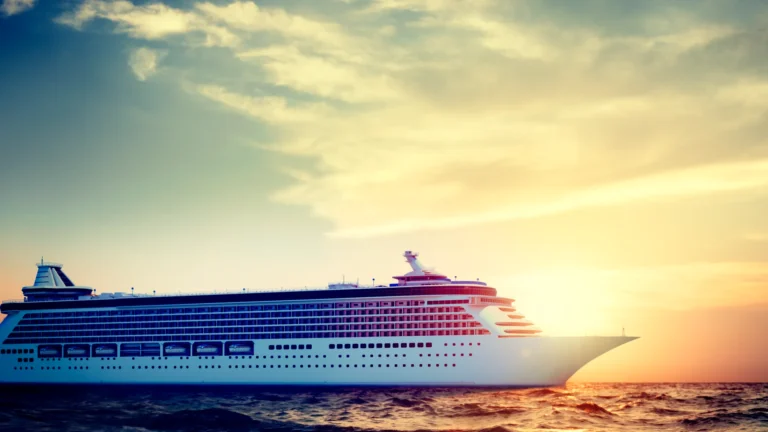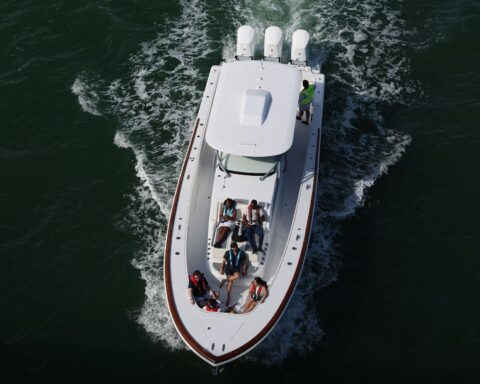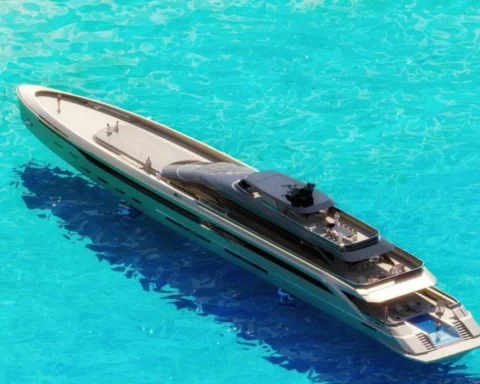As the cruise industry sets its sails to resume operations post-COVID, the role of cruise ship doctors takes center stage, presenting a new set of challenges and responsibilities. The stringent guidelines established by the American College of Emergency Physicians have always held medical crews to high standards. However, the resumption of sailings brings an added layer of complexity, requiring doctors to navigate uncharted territories in the evolving landscape of pandemic-era travel.
- Pre-COVID Standards: Stringent Requirements for Onboard Medical Teams:
- The American College of Emergency Physicians guidelines set a high bar for cruise ship medical staff. On-call 24/7, physicians must have a minimum of three years of post-graduate experience in general and emergency medicine or be board-certified in relevant fields. All staff must hold certifications in advanced life support.
- Traditional Pre-Screening Methods: Identifying Possible Health Risks:
- Pre-COVID, medical teams relied on verbal or written questionnaires to collect health information from passengers and crew. The goal was to identify potential health risks, focusing on gastrointestinal complaints or chronic illnesses requiring onboard assistance.
- Enhanced Pre-Screening Amid the Pandemic: A Rigorous Approach:
- The resumption of sailings demands a more rigorous pre-screening process. Temperature checks, assessments for COVID-19 symptoms, and a negative test in the days preceding boarding are now integral. Cruise ship doctors play a crucial role in determining passengers’ fitness to engage in all activities, suggesting quarantine, or even denying boarding based on health assessments.
- Dr. Edward Dees on the Front Lines: Insights from a Fleet Doctor:
- Dr. Edward Dees, Fleet Doctor for VIKAND, sheds light on the evolving responsibilities of cruise ship doctors. The role now demands proactive efforts in preventing the virus from entering the ship. Assessing passengers’ health status has become more intricate, requiring decisive actions to ensure the safety of all onboard.
- Balancing Front-End Efforts and Effective Prevention:
- Cruise ship doctors face the challenge of striking a balance between the added efforts of stringent pre-screening and the effectiveness of preventive measures. Preventing the virus from boarding the ship becomes a collective responsibility, and the medical teams’ role becomes pivotal in achieving this goal.
Conclusion: The resurgence of the cruise industry brings both excitement and challenges, notably for onboard medical teams. Cruise ship doctors, held to rigorous pre-COVID standards, now navigate an intricate web of pandemic-era protocols. As the industry adapts to the new normal, these medical professionals find themselves at the forefront, safeguarding the health and well-being of passengers and crew, ensuring that the seas are sailed safely and responsibly into the future.



















